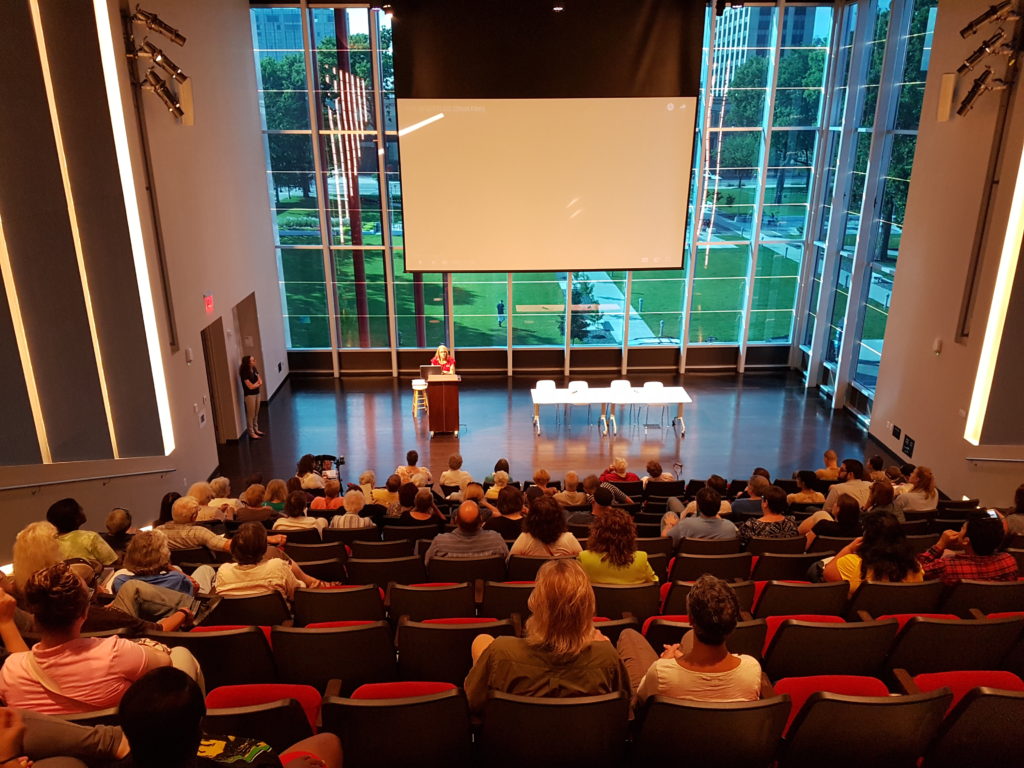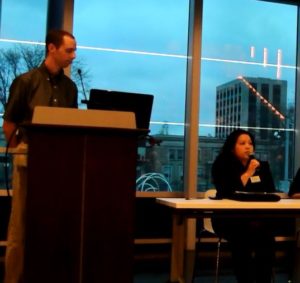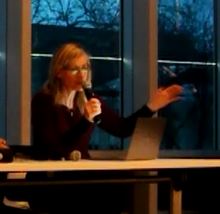Refugees coming to the United States are faced with an array of overlapping challenges – finding a new home, new sources of income, access to transportation, schooling, and child care for their children – all while working through newfound cultural and linguistic barriers. The Catherine McAuley Center’s Refugee and Immigrant Services seek to offer an all-encompassing solution to many of these challenges, while at the same time addressing Iowa’s growing need for child care through the Refugee Child Care Business Development Program. To provide some context here, the deficit in child care spaces exceeded 24,000 in Linn County at the beginning of 2019, when considering all children under the age of twelve.
In October 2018, the Catherine McAuley Center received a grant from the United States Office of Refugee Resettlement (ORR) to begin training refugees who have been in the country for five years or less to run their own in-home child care businesses. While the specific training services are offered through Iowa Child Care Resource and Referral (CCR&R), CMC connects clients with the necessary agencies and offers interpretation services throughout the training process. More recently, the Iowa Women’s Foundation has offered additional funding to the program in order to provide the same opportunities for refugees that have been in the United States for more than five years.
The CCR&R training sessions typically take six months to complete, and they thoroughly cover health and safety, CPR and first aid, and mandatory reporting required by DHS. Additionally, business training and English for child care are provided through CMC, which can also help refugees grow their business outside of their own circles.
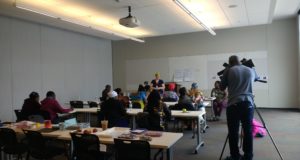
The Refugee Child Care Programs first training session attracted coverage from several local media outlets.
One of CMC’s clients who participated in the first cohort, Julienne, has recently turned her home into a full-time child care business. As a mother herself, she says this program has offered her the opportunity to accommodate her own needs while also helping others. Julienne is able to stay at home with her own young children while also taking in 4-5 others on a daily basis, covering both first and second shift – which is a huge benefit for families that don’t work around a 9-5 schedule. For Julienne, this means full-time work and a consistent salary, while also offering a flexible, multicultural child care opportunity for other families. Issues of scheduling and linguistically- and culturally- appropriate care are often overlooked, but can be critical for refugee families.
Julienne’s cohort began training in May 2019. Eight participants completed training, with five going on to start their own child care businesses. The second cohort started training in October 2019 with seven participants, several of whom are expected to open their own Family Child Care (FCC) businesses by April 2020. Between the first two cohorts and a partner organization in Iowa City, a total of seventeen refugees have completed training and registration – and that doesn’t take into account a third cohort that is set to begin training this year. At the beginning of the program, the projected outcomes included having 38 participants complete the Child Development Home (CDH) registration process, 36 participants establish FCC businesses, and for all participants to increase their household income by 50% after six months. As the program nears its halfway point, these projected numbers are nearing their respective halfway points as well.
The ultimate goal is sustainability beyond the end of the program, and seeing each business turn into full time work with reliable income. At the end of three years, we hope to see 144 new child care spaces open! While this may seem like a small amount compared to the need, this is a significant number for one community – especially for a program with plans to keep expanding. With the right training and resources, the Refugee Child Care Business Development Program can offer refugees long-term solutions to the challenges that they face, and business opportunities that benefit our entire community.







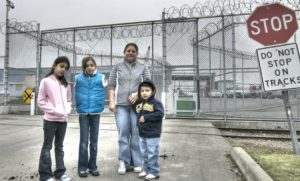
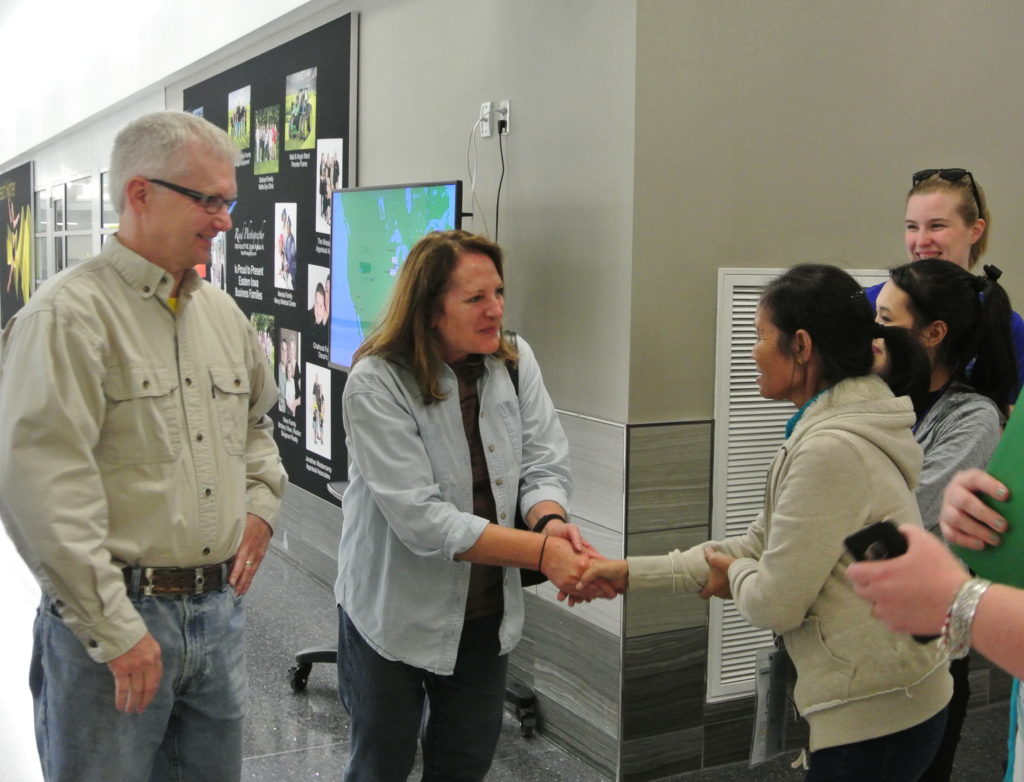
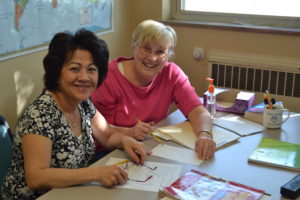 Volunteer
Volunteer
